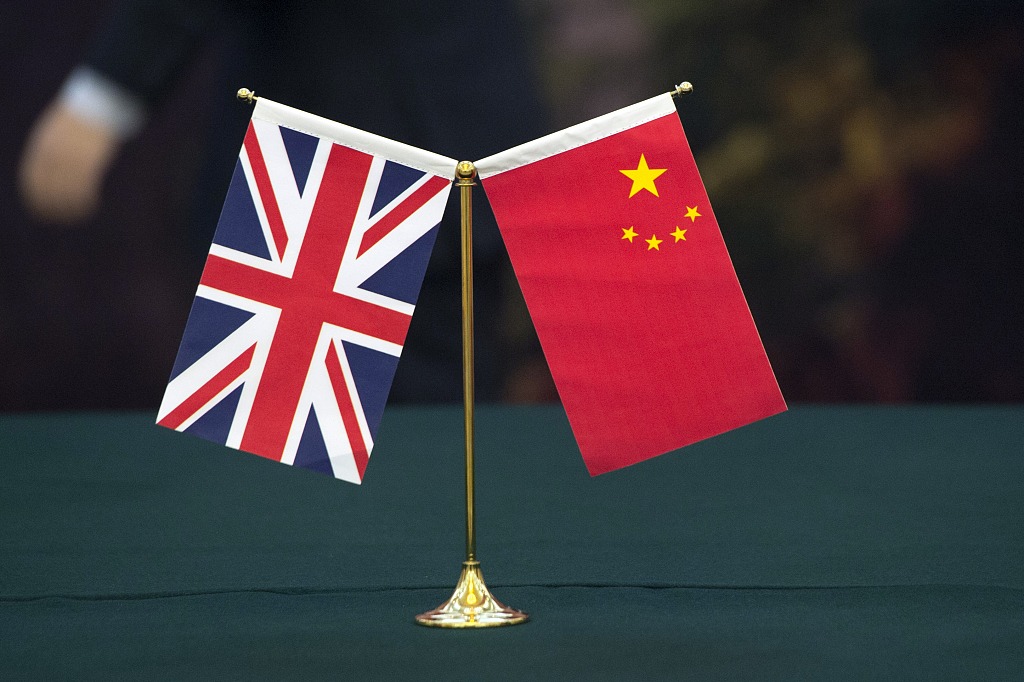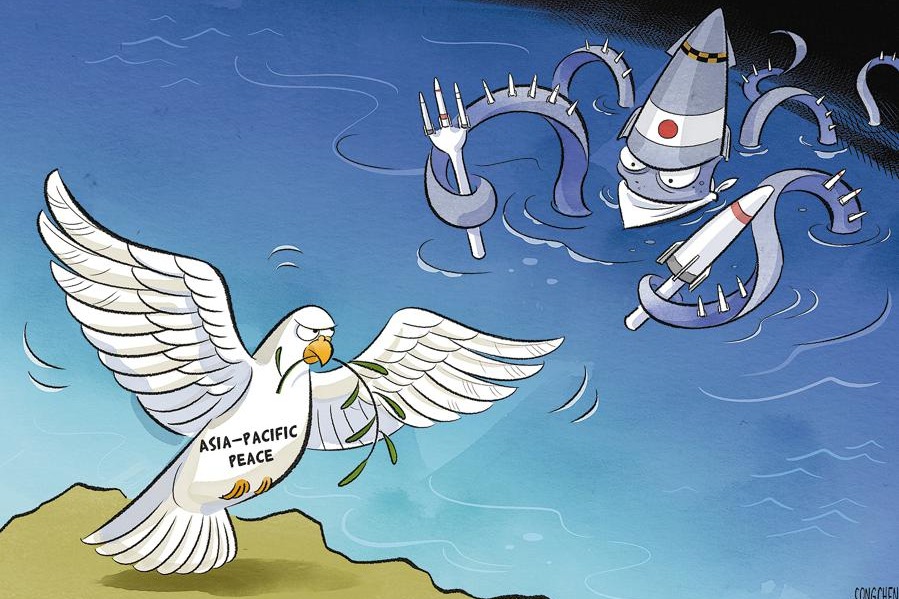Why China isn't chomping at the bitcoin

Nation is showing common sense in resisting cryptocurrency investment mania and protecting its citizens from possible financial loss
China's restrictions earlier this year on foreign cryptocurrency exchanges looks to be a prudent move, protecting its citizens in the face of recent severe market crashes that have cost many families their life savings in the United Kingdom and the United States. The overnight crash of the cryptocurrency BitConnect Coin in January - from over $400 (323 euros; £282) per coin to less than one cent per coin - demanded much tighter regulations in other countries, with China taking preemptive protective measures.
The crash stemmed from US financial regulators shutting down the BitConnect investment lending platform. This was long suspected of being an unsustainable Ponzi scheme, a type of scam where existing investors are paid a return with money from new investors. Hopefuls lured in with the promise of a daily interest payment of up to 2 percent on a $10,000 investment soon found out that the value of their BitConnect Coins had vaporized within a matter of hours, and they were left with nothing.
Chinese restrictions aim to protect inexperienced netizens from being lured into similarly attractive but risky ventures. The age-old motto "If it seems too good to be true, then it probably is" has become enforced in government policy. The People's Bank of China recently released a report stating various concerns about cryptocurrency with regard to anonymous money laundering, security weaknesses and price fluctuations affecting stability.
This is not to say that China is shutting itself off completely from financial technology developments. The same PBOC report, while voicing concerns, still supports a G20-led global regulatory framework for international cryptocurrency cooperation. The arrival of blockchain technology and its disruption to centralized banking-related industries is also undoubtedly here to stay. Much like in the US, Chinese companies are investing millions to improve security, scalability, privacy and energy consumption. Just last month, the online retailer JD.com announced the international pooling of resources with the likes of Walmart and IBM to create artificial intelligence blockchain accelerators for improving Chinese food safety standards. The country is carefully opening its arms, but does not see these new developments as a ticket to instant wealth for the masses.
The international cryptocurrency gold rush has, however, captured the public's imagination in a way unseen since the US subprime mortgage crisis, which caused the 2008 global recession. Back then, every man and his barber morphed overnight into a vocally enthusiastic mortgage adviser, eager to preach about the potential riches to be made from the housing market boom. Concerns of a bubble bursting were considered blasphemy, as the market had been steadily increasing in value for hundreds of years ... as any budding investor would eagerly tell you at the time.
The rest is history - and a story of broken dreams on an industrial scale all too recent in living memory. A case similar to the 17th century Dutch tulip mania - in which prices for some bulbs of the recently introduced and fashionable tulip reached extraordinarily high levels, before crashing - can be seen in today's attitude toward cryptocurrencies, undisputedly in vogue as the latest financial craze. The crashes of currencies such as Bit-Connect Coin have so far failed to act as a deterrent. Promises of instant wealth and quitting the mundane nine-to-five are too seductive and have tempted thousands of people in the US and the UK to sign up daily at online exchanges to try their luck.
The temptation is understandable. I have friends who invested in bitcoin in 2012 at $30 per coin. Had they held onto the coins till December 2018, they would have had millions sitting in their bank accounts, instead of currently struggling to pay off their student debts. But, as they say, hindsight always gives 2020 vision with any investment ... or gamble.
Crypto-exchanges rely on the message that, "If I just play the game, then I, too, could quit my job, get a car or buy a house and allow my mother - who is oblivious to the intricacies of financial investments, but has lived a life of hard labor instead - to retire". The problem is actually knowing how to play the game, and whether it can be played safely by the majority. This is the danger that China has spotted and is attempting to tackle.
For those well versed in the science of a bull market, there is certainly the possibility to profit from the cryptocurrency phenomenon. For individuals with the self-control to sell before the bubble bursts, then money can be made. However, such happy endings are rare. The greed for a shortcut to the good life is, unfortunately, innate human behavior. Conversely, the ability to resist potentially ill-informed social crazes is not.
A careful approach to such opportunities, as seen in the East, could therefore be, for the majority, safe passage to a happy financial future... albeit one that requires patience and a little hard work.
The author is a London-based columnist. Contact the writer at editor@mail.chinadailyuk.com.


































